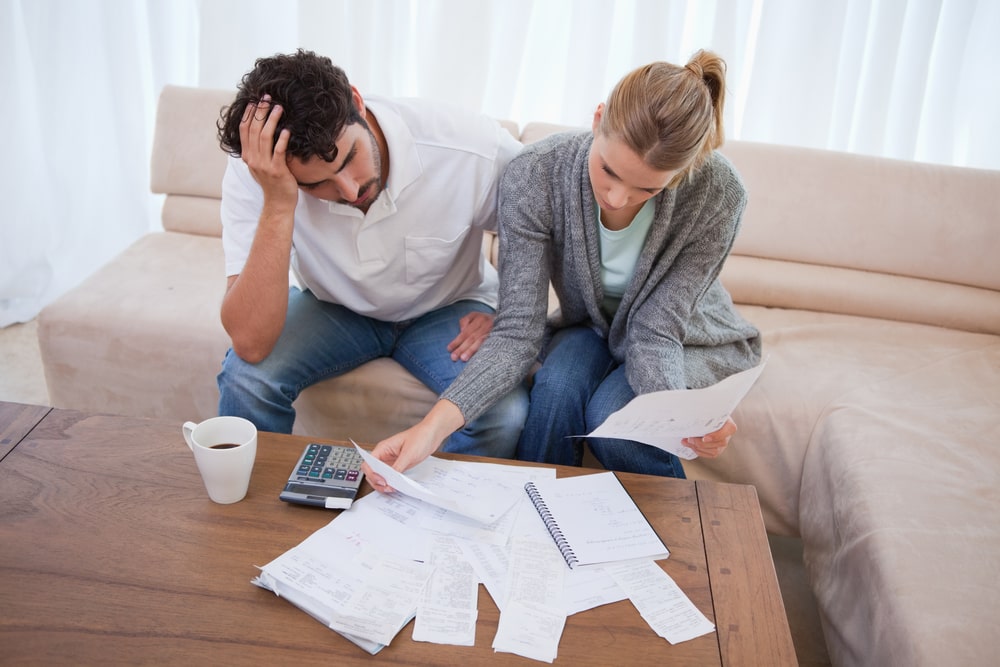Bankruptcy is a complex legal process that provides individuals and businesses with a fresh financial start by discharging certain debts. Among the various bankruptcy chapters, Chapter 13 stands out as a powerful tool for debtors looking to reorganize their finances while retaining their property. Our friends at Wright Law Offices explain about safeguards you can put in place to protect valuable assets during the Chapter 13 process. This is a complex legal matter, though, and many people facing a financial crisis may benefit from the advice of a Chapter 13 bankruptcy lawyer.
Understanding Chapter 13’s Property Protection
One of the primary benefits of Chapter 13 bankruptcy is the ability to retain your property while restructuring your debts. Unlike Chapter 7, which involves liquidation, Chapter 13 allows debtors to create a repayment plan spanning three to five years. During this period, debtors make regular payments to a trustee, who, in turn, disburses the funds to creditors.
Homestead Exemption
One of the critical considerations for individuals filing under Chapter 13 is the homestead exemption. This exemption protects the equity in your primary residence, ensuring that you don’t lose your home during bankruptcy. The amount of the homestead exemption varies by state, and understanding the applicable limits is crucial for safeguarding your property.
Vehicle Protection
For many individuals, the fear of losing their vehicles is a significant concern when contemplating bankruptcy. Chapter 13 offers protections for vehicles through the “cramdown” provision, a bankruptcy exception which may be permitted or certain secured debts, like a vehicle. This process permits debtors to revalue the car based on its current market value rather than the outstanding loan balance. This often results in reduced monthly payments and a higher likelihood of retaining the vehicle.
Protection For Personal Property
Under Chapter 13, debtors can also protect personal property, such as furniture, electronics, and clothing, through exemptions. These exemptions vary by state, and understanding the specific regulations is essential to safeguarding valued possessions during bankruptcy.
The Role Of The Automatic Stay
Upon filing for Chapter 13 bankruptcy, an automatic stay goes into effect, halting all collection actions by creditors. This includes foreclosure proceedings, repossession efforts, and other forms of property seizure. The automatic stay provides debtors with immediate relief and breathing room to navigate the complexities of their financial situation without the constant threat of losing property.
The Importance Of The Chapter 13 Repayment Plan
The heart of Chapter 13 lies in the debtor’s ability to propose a feasible repayment plan to the court. This plan outlines how creditors will be paid over the designated period, ensuring that property is retained and debts are managed responsibly. Working closely with a skilled bankruptcy attorney is crucial to developing a plan that aligns with both your financial capabilities and the court’s requirements.
Legal Advice To Help You Rebuild
Chapter 13 bankruptcy offers a lifeline to individuals facing financial turmoil, allowing them to retain their property while restructuring their debts. Understanding the intricacies of property protections, exemptions, and the automatic stay is essential for a successful bankruptcy journey. By seeking the guidance of a knowledgeable Chapter 13 bankruptcy attorney, individuals can navigate the legal landscape with confidence, ensuring that their property remains secure throughout the bankruptcy process.

